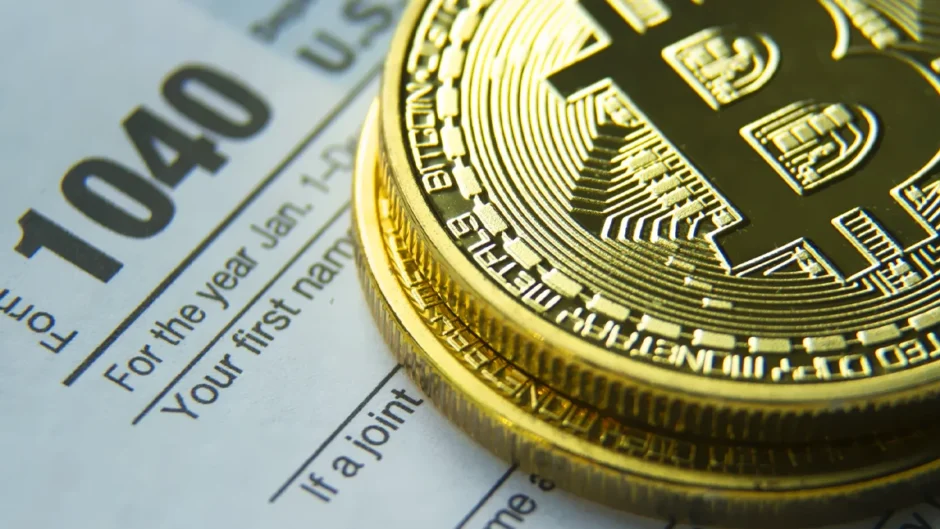In a significant move towards regulating the burgeoning cryptocurrency market, Turkey ‘s parliament has passed a comprehensive crypto bill. This legislation encompasses a broad range of regulations aimed at controlling the use and trade of cryptocurrencies within the country. The bill outlines strict penalties for violations, reflecting Turkey’s commitment to establishing a well-regulated crypto environment.
Overview of the crypto bill
The newly passed crypto bill introduces stringent measures to regulate the cryptocurrency market in Turkey. Fines for violations can range from $7,500 to $182,600. Prison terms for offenders can span from three to five years. These penalties underscore the Turkish government’s intent to curb illegal activities, and ensure that the crypto sector operates within a legal framework.
Legislative approval and presidential review
After its passage in parliament, the bill was sent to Turkish President Recep Tayyip Erdoğan. Once the president signs off on the legislation, it will be published in the Official Gazette, becoming law by the end of the week. This rapid implementation indicates the urgency with which the Turkish government is addressing the need for crypto regulation.
Licensing and compliance requirements
One of the critical aspects of the new legislation is the requirement for crypto exchanges to be licensed by the Capital Markets Board (CMB). Unauthorized platforms offering crypto trading services will face severe penalties, including prison sentences of three to five years. This measure aims to ensure that only compliant and regulated entities can operate within the Turkish market.
Responsibilities of crypto providers
The bill places significant responsibilities on crypto providers, including implementing and reporting measures such as seizures and other legal enforcement actions. Moreover, crypto platforms must ensure that customer fund transfers, including deposits and withdrawals, are accessible and traceable by legal authorities. This provision aims to enhance transparency and facilitate the monitoring of transactions to prevent illicit activities such as money laundering and fraud.
Potential transaction tax
Although not explicitly included in the bill, there has been discussion about imposing a transaction tax on crypto trades. A potential tax rate of 0.04% has been mentioned. If introduced, this tax could have significant implications for crypto investors and the overall market dynamics in Turkey.
Historical context and regulatory motivations
In November 2023, Turkey’s Treasury and Finance Minister Mehmet Şimşek announced the forthcoming introduction of crypto legislation. Addressing the nation’s planning and budget commission, he highlighted that Turkey had met 39 of the 40 FATF standards and was in the final stage of compliance. This progress demonstrates Turkey’s dedication to aligning with international regulatory standards and improving its financial system’s transparency and integrity.
Aims and implications of the new regulations
The primary objective of the new regulations is to mitigate the risks associated with crypto trading and protect retail investors. In early 2024, Minister Şimşek emphasized that the regulations aim to address various concerns, including market volatility, fraud, and the potential for money laundering. By establishing clear legal definitions and robust regulatory measures, the Turkish government seeks to create a safer and more stable environment for crypto investors.
Legal definitions and clarity
The upcoming regulations are expected to provide legal definitions for crucial crypto-related terms such as “crypto assets,” “crypto wallets,” and “crypto asset service providers.” This clarity will help eliminate ambiguities and ensure that all stakeholders understand their rights and obligations within the regulatory framework. Clear definitions are essential for the effective enforcement of regulations and for fostering trust in the crypto market.




